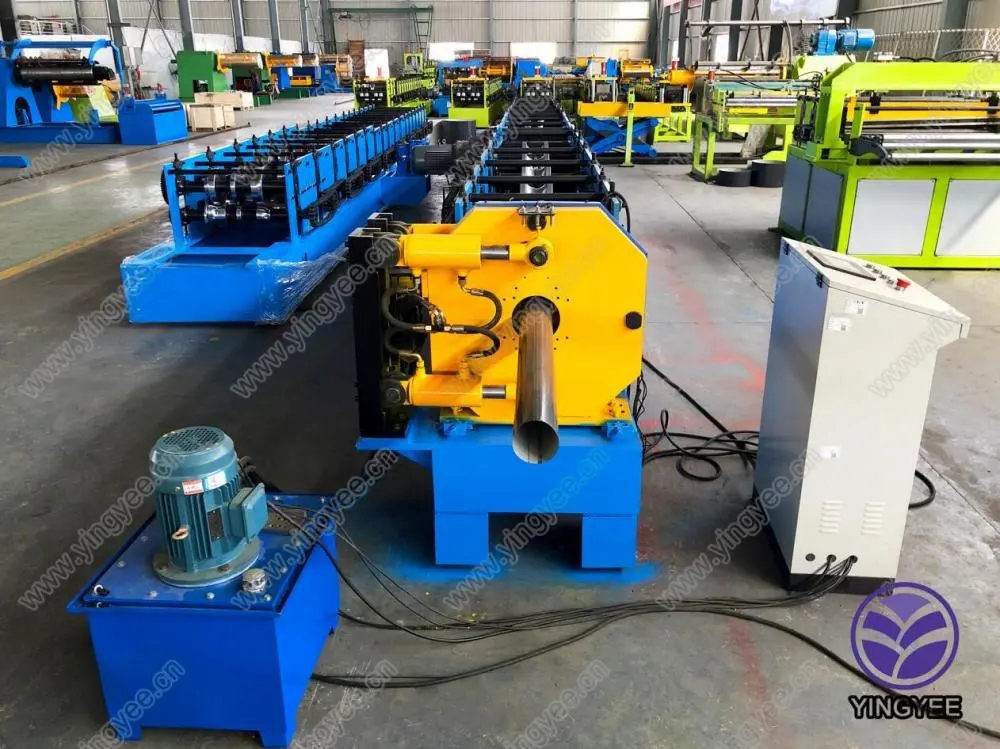Roof tiles are an essential component of any building structure, providing protection against the elements and adding aesthetic appeal to the property. The production of roof tiles is a complex process that involves multiple stages and machinery. In this article, we will discuss the key components of a roof tile production line and how they work together to create high-quality roof tiles.
The first stage of the roof tile production line is the preparation of raw materials. This involves sourcing clay or concrete, which are the most common materials used for manufacturing roof tiles. The raw materials are then mixed with water in a large mixing machine to create a homogenous mixture. This mixture is then passed through a filter to remove impurities and ensure a smooth consistency.
Once the raw materials have been prepared, they are fed into a mold machine. This machine is responsible for shaping the raw materials into the desired roof tile design. The mold machine uses hydraulic pressure to compress the mixture into a compact form and then releases the formed tile onto a conveyor belt.
The next stage of the production line is the drying process. The newly formed roof tiles are placed on racks and moved into a drying chamber. Here, the tiles are exposed to controlled temperature and humidity levels to remove excess moisture and harden the tiles. This process can take several hours to ensure that the tiles are completely dry and ready for the next stage.
roof tile production line
After the tiles have been dried, they are moved to a kiln for firing. The kiln is a large oven that heats the tiles to high temperatures, causing them to harden and become durable. The firing process also gives the tiles their final color and finish, depending on the type of glaze used.
Once the tiles have been fired, they are inspected for quality control. Any imperfections or defects are identified and removed from the production line. The tiles are then stacked and packaged for shipping to customers.
Overall, the production of roof tiles is a intricate process that requires precision and attention to detail. By following a strict production line, manufacturers are able to create high-quality roof tiles that are durable, aesthetically pleasing, and long-lasting. Whether you are building a new home or renovating an existing property, roof tiles are an essential component that can enhance the overall look and functionality of your building.







